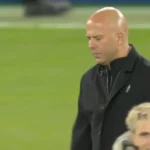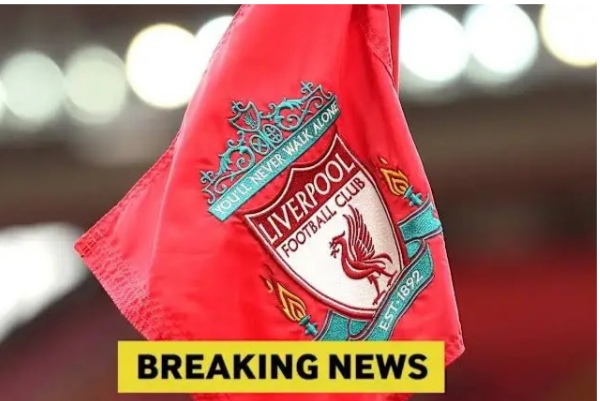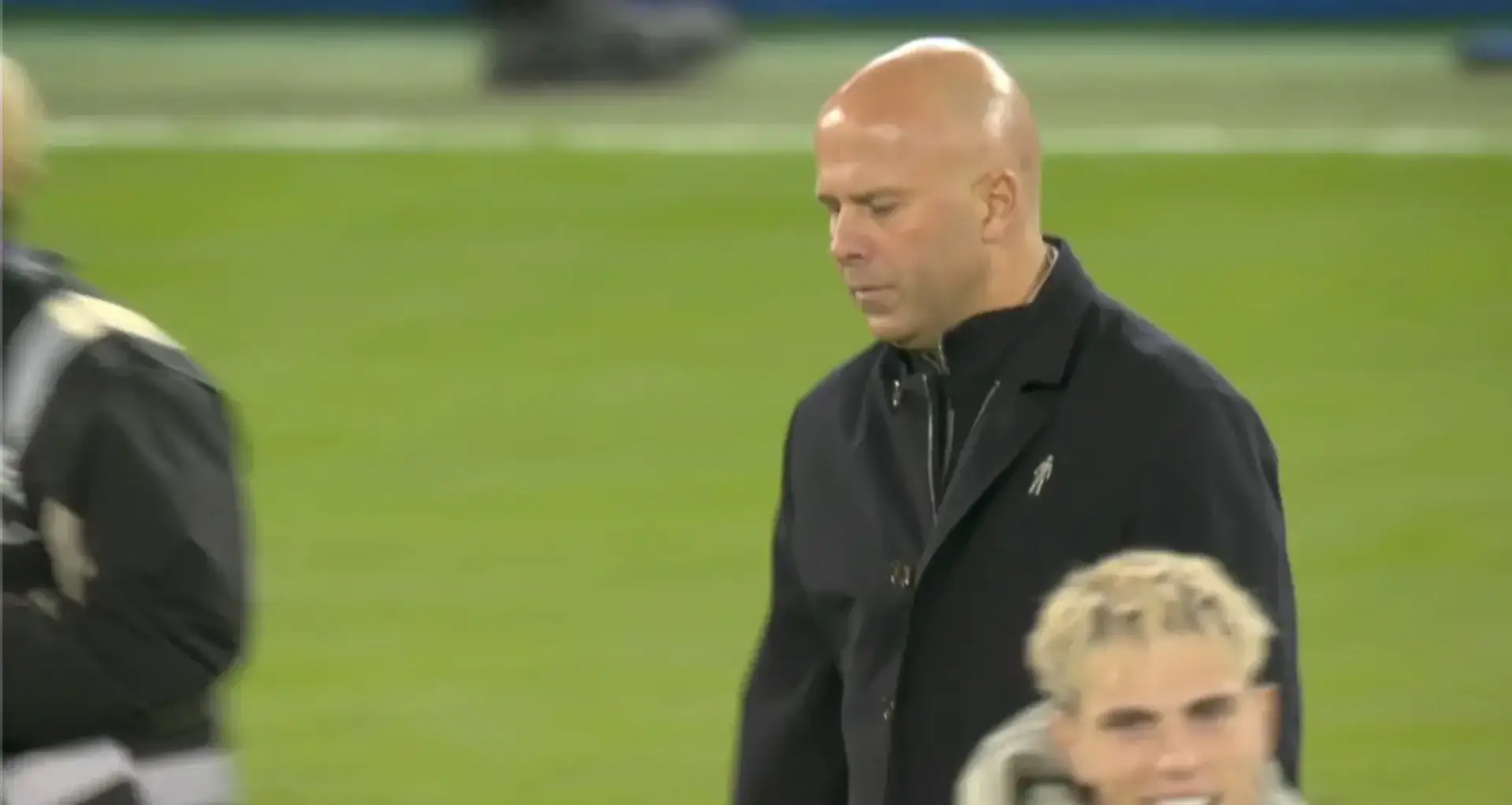Liverpool’s latest performance has ignited a storm of frustration among supporters, not because defeat is unfamiliar, but because of the manner in which it unfolded. A 0–3 loss to Nottingham Forest at Anfield is more than a disappointing scoreline—it’s a statement about deeper issues that can no longer be ignored.
Supporters expected a competitive response, especially at home, yet the team looked disjointed from the opening whistle. Nottingham Forest capitalized on the lack of structure, punishing Liverpool with clinical efficiency. The goals from Murillo, Savona, and Gibbs-White weren’t simply moments of brilliance from the opposition; they were symptoms of Liverpool’s own tactical and psychological unraveling.
Adding to the unrest is the growing dissatisfaction directed at the manager. Images circulating after the match capture the intensity of the criticism, with fans calling for immediate change in the technical area. Many believe the team’s struggles stem not just from poor execution on the pitch, but from decisions that fail to inspire confidence or clarity. Lineups appear uncertain, strategies shift without consistency, and the players look increasingly disconnected from the plan they’re meant to follow.
This frustration is compounded by the fact that Liverpool still possesses the quality to compete at the highest level. The issue, in the eyes of many supporters, is not the talent but the leadership guiding it. The call for accountability has grown louder, not out of malice, but out of belief that the club’s standards deserve more than what is currently unfolding.
A loss like this forces a hard conversation about direction, ambition, and responsibility. If Liverpool are to find their way back to the level expected of them, this moment could mark the turning point—either toward necessary change or further decline.






